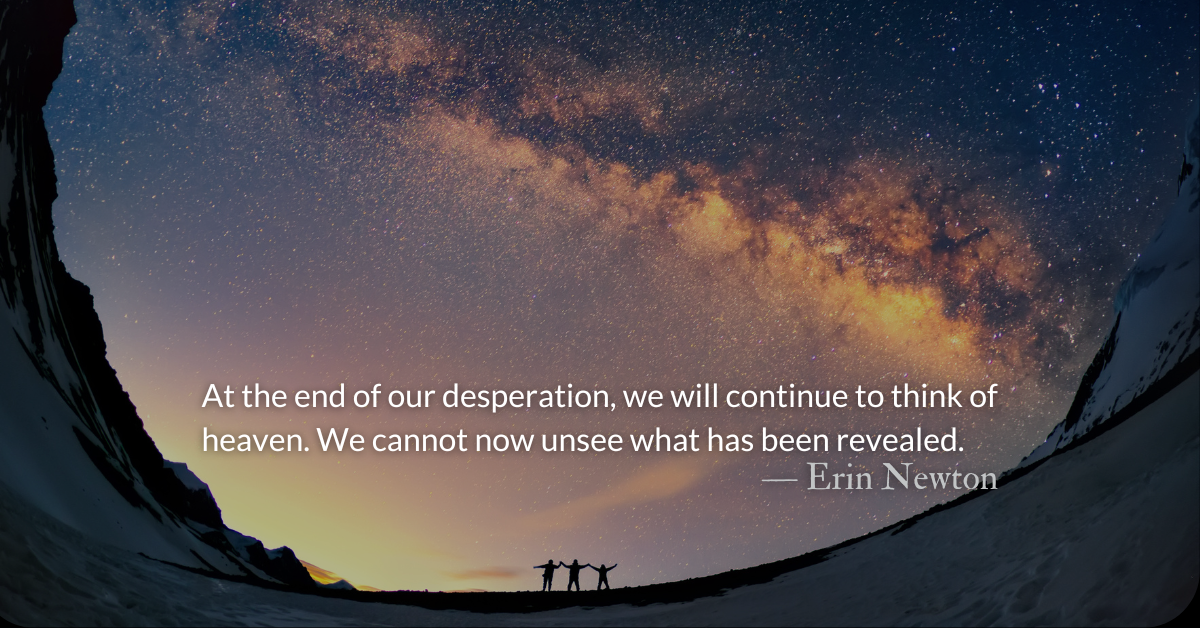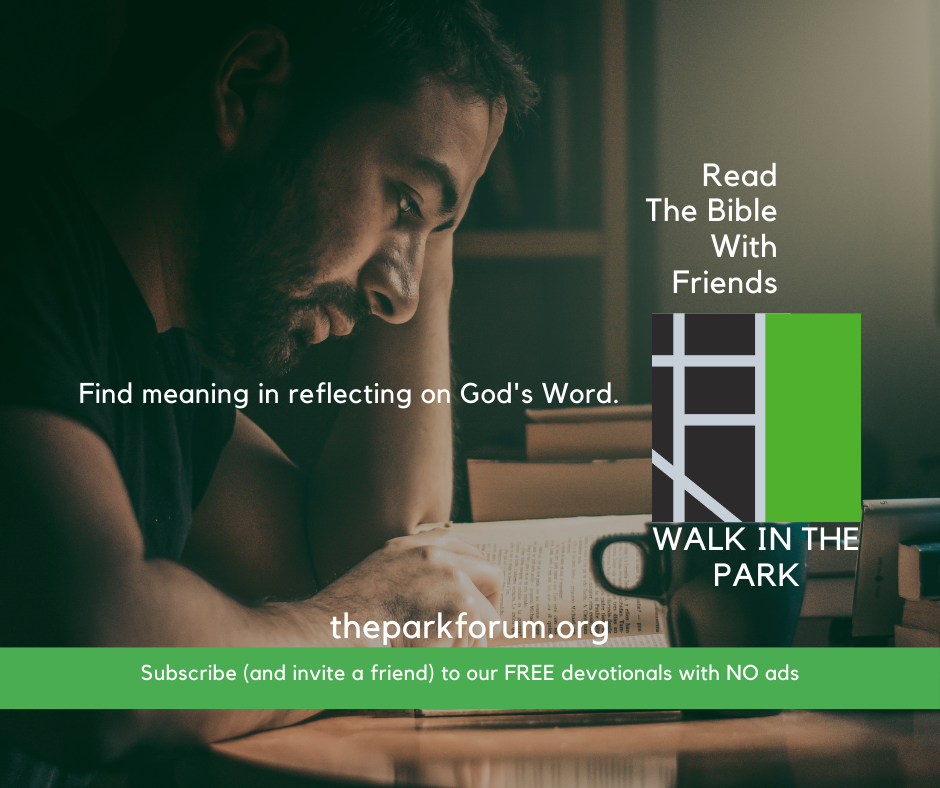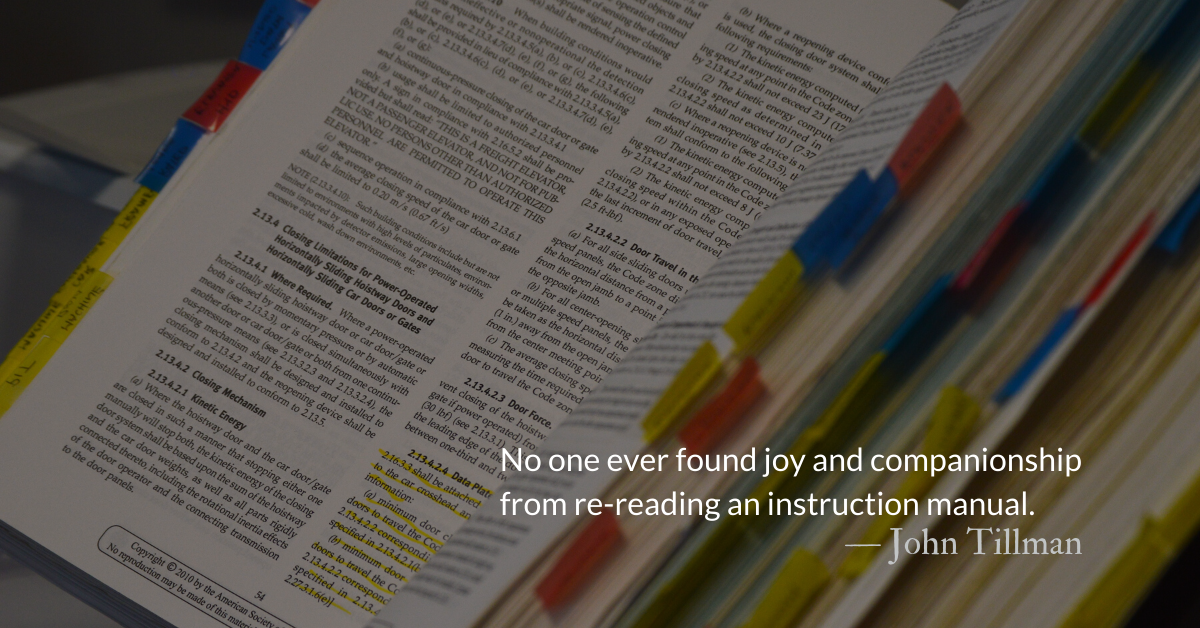Scripture Focus: Job 10.20-22
20 Are not my few days almost over?
Turn away from me so I can have a moment’s joy
21 before I go to the place of no return,
to the land of gloom and utter darkness,
22 to the land of deepest night,
of utter darkness and disorder,
where even the light is like darkness.
Reflection: Visions of Death
By Erin Newton
It is hard to imagine living in a time when faith in God did not also have a clearer picture of life after death. Today, we are immersed in visions of heaven—warm light, shining streets of gold, endless peace. This truth was not yet revealed in the days of Job.
We often place our hope during suffering in the restoration in the life to come. How can Job endure his suffering, continue in his faith without such assurance in an afterlife?
Job is not alone in his perspective of death. The Old Testament depicts death as a shadowy existence, non-activity, a place where you are cut off from communion with God. Death is accepted as the natural order of humanity. How does that affect Job and his peers? It shifts one’s concentration to this life.
The pinnacle of existence in the Old Testament was a long life devoted to the worship of God. Seeking God in one’s youth could ensure the maximum time available to serve and praise God in a lifetime. The goal to teach younger people about God would provide a sense of eternal service. The hymns of praise we envision around the throne of God would be sung here on earth from generation to generation.
The great tragedy was when a life was cut short, and a person died young. We resonate with this type of pain. While those before Christ would emphasize how the person cannot praise God in death, we tend to focus on missed opportunities of human living.
We have been granted the benefit of a fuller picture of God’s grace and mercy. We can read of heaven and the eternal praise offered to God by saints of old. The tragedy of a short life can be redeemed in the eternal life with God. This is the hope we cling to.
But what if we embrace the here-now mentality of Job? How can we view this life as worth living and worth living to its fullest? How can our present sufferings still be a life of praise?
Job continues in his faith by seeking God. He’s brutally honest, but he keeps talking. God will answer in time.
At the end of our desperation, we will continue to think of heaven and find peace in that vision. We cannot now unsee what has been revealed. Praise God for such a gift.
Divine Hours Prayer: The Request for Presence
Gladden the soul of your servant, for to you, O Lord, I lift up my soul. — Psalm 86.4
– From The Divine Hours: Prayers for Summertime by Phyllis Tickle.
Today’s Readings
Job 10 (Listen 2:12)
John 10 (Listen 4:44)
Read more about How Not to Read Scripture
If the Bible is an instruction manual, we should skim it and toss it in the closet. No one ever found joy and companionship re-reading an instruction manual.
Read The Bible With Us
It’s never too late to join our Bible reading plan. Get to know the Bible better, at a sustainable, two-year pace, and improve your relationship with God.










